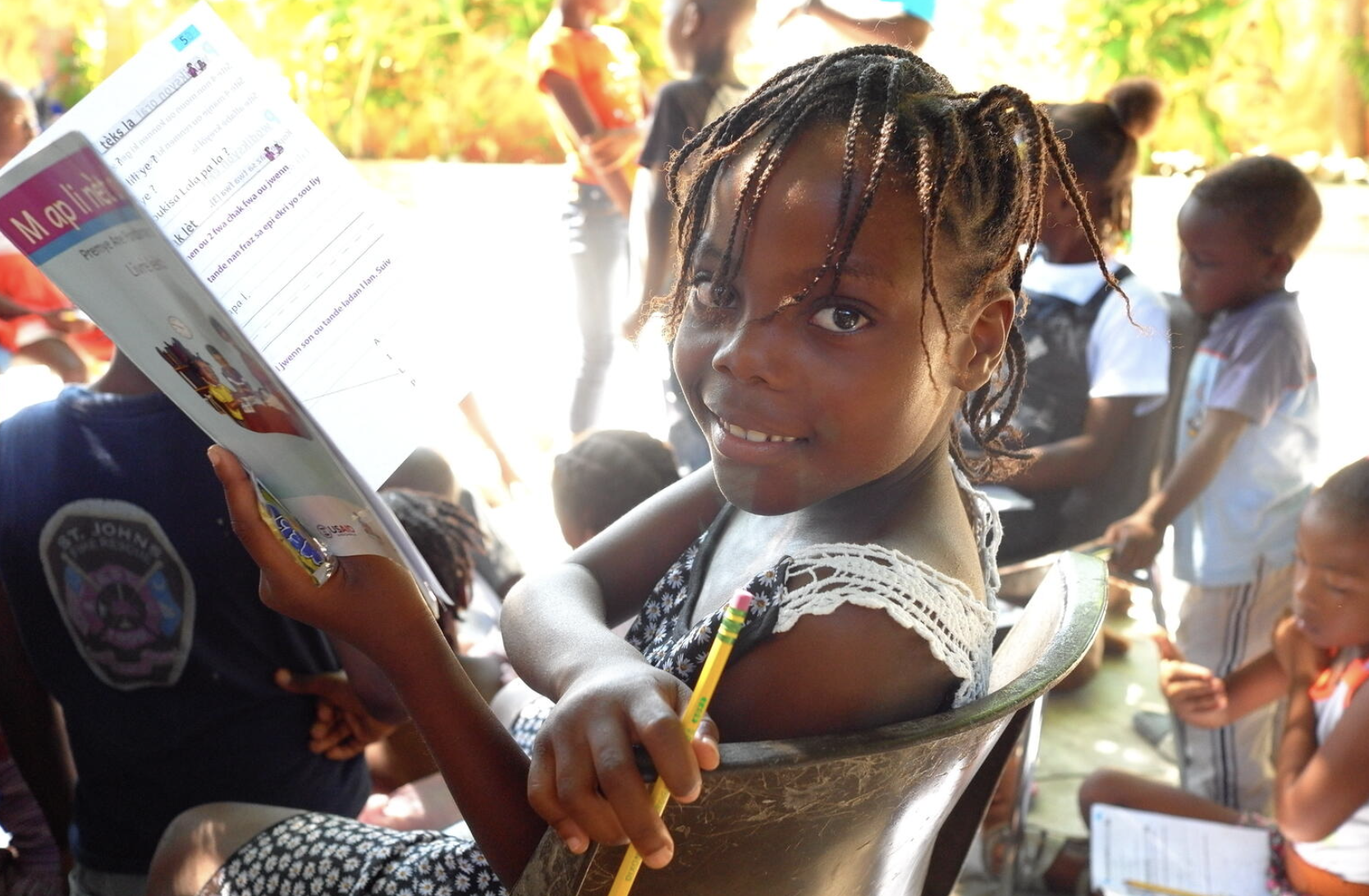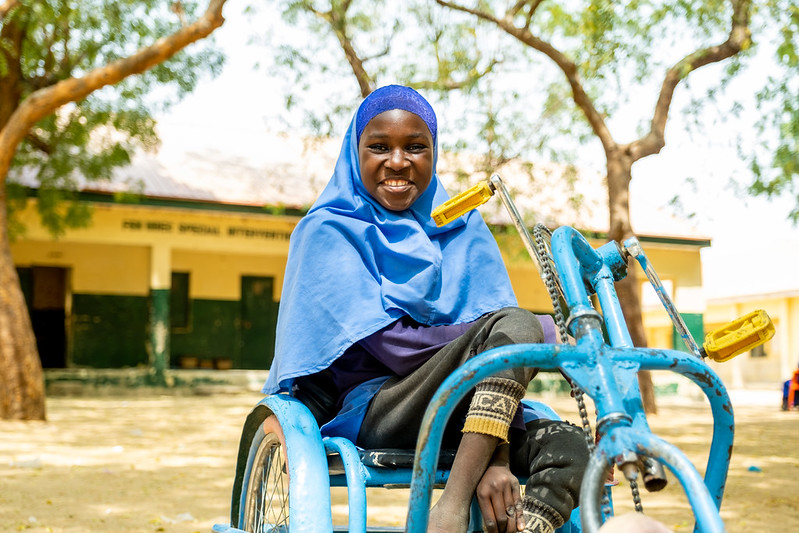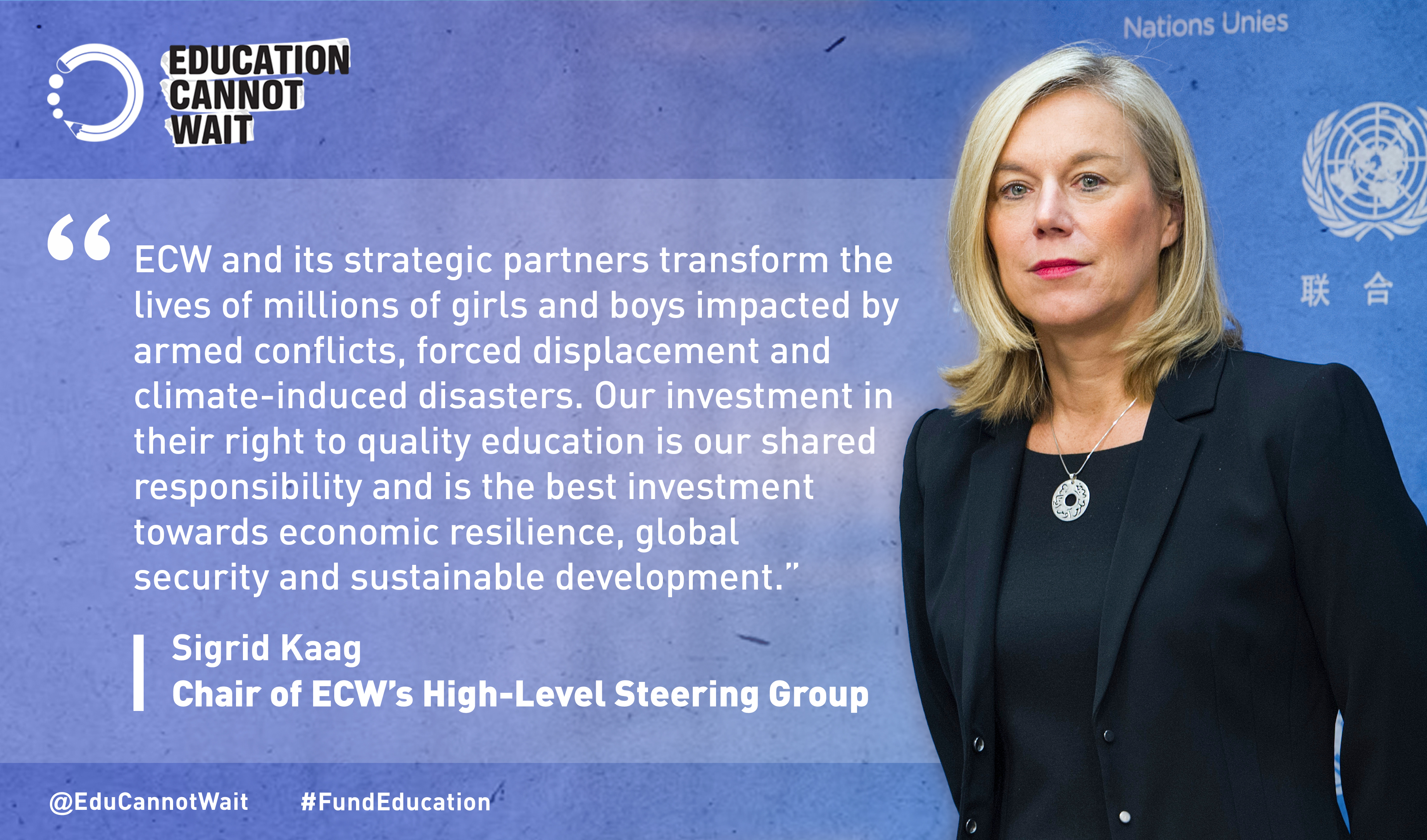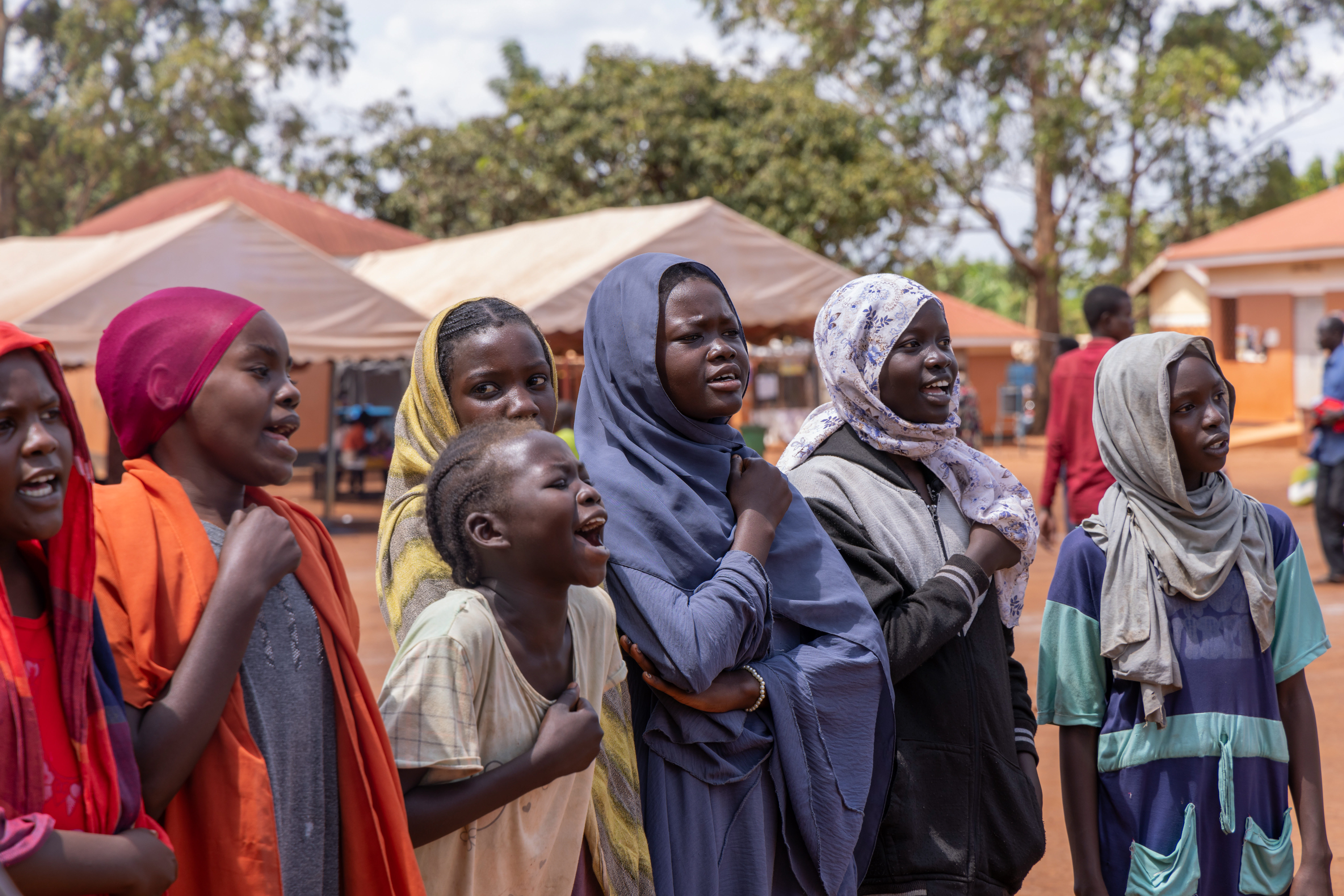Education Cannot Wait Approves Us$1.5 Million First Emergency Response in Haiti

Responding to the devastating consequences of the earthquake, ECW investment will be deployed by UNICEF and World Food Programme to reach 18,000 children
Education Cannot Wait announced today a new US$1.5 million first emergency response grant in Haiti.
The grant will be deployed in coordination with the Government of Haiti, by UNICEF, the World Food Programme and both international and local civil society, reaching 18,000 children impacted by the 7.2 magnitude earthquake, which caused massive destruction and exacerbated pressing needs for children and youth already impacted by COVID-19, civil unrest and other crises.
The death toll from the 14 August quake has surpassed 2,200, affecting at least a quarter of a million children that are now in need of emergency humanitarian assistance after losing homes, schools and other basic services. Prior to the quake, 2.2 million Haitian children were already in need of humanitarian assistance.
Preliminary assessments indicate extensive damage and destruction across schools, just weeks before they are due to re-open for the start of the school year. Reports from the three most-affected departments cite the total destruction or severe damage to over 300 school buildings, affecting an estimated 100,000 children and teachers.
To support the people of Haiti in building back better, ECW and partners are currently formulating a multi-year resilience programme in Haiti that will bridge the humanitarian-development nexus and build on the impact of this First Emergency Response. The LEGO Foundation and KIRKBI, the owners of the LEGO Group, announced US$5 million in new funding to support ECW’s First Emergency Response in Afghanistan and Haiti in late August.
“Governments and private sector need to step up to fully fund the education in emergency response in Haiti. Children and adolescents have lost loved ones, they have lost their homes, and they have had their education suddenly disrupted. Their safety and hope for the future are now lost, as these girls and boys face hunger, violence, sexual abuse and exploitation, child trafficking and early pregnancy. Together with our partners, we are responding with speed to ensure no child is left behind, but we urgently need more resources,” said Yasmine Sherif, Director of Education Cannot Wait, the United Nations global fund for education in emergencies.
“Children bear the brunt of natural disasters worldwide. Haitian children have given much more. They have been turned away for so long from classrooms by social unrest, COVID-19 secondary effects and gang-related violence at a time. Now children in southwestern Haiti have survived a devastating earthquake that cost them parents, siblings, health centers and schools. Along with their teachers who are not better-off, they need didactic, learning and psychosocial support. This support from ECW has come at the right time and will allow us to help stabilize Haitian children’s lives for a new beginning,” said Bruno Maes, UNICEF Haiti Representative.
“I’d like to thank ECW for this critical funding working with our partner UNICEF to offer a complementary package of activities in the areas most hard-hit by the earthquake. In support of reconstruction and recovery efforts led by the Haitian authorities, WFP will provide thousands of children with much needed food assistance to help accelerate the reopening of schools,” said Pierre Honnorat, WFP Country Director in Haiti.
The ECW-supported 12-month First Emergency Response will contribute to provide safe and inclusive temporary learning spaces with basic learning materials to 1,400 girls, boys and adolescents in an inclusive and gender-responsive manner.
It will also include the provision of basic water, sanitation and hygiene services as well as school feeding for 13,000 children.
Cash transfers will be provided for the most marginalized children and their families, as well as mental health and psychosocial support. Marginalized out-of-school adolescents will be provided with non-formal education.
Trainings in psychosocial support and psychological first aid, as well as protection issues, including gender-based-violence risk mitigation and safe referrals will also be provided to 100 teachers, and 5,000 children and adolescents will be sensitized on protection issues and referral to available services.
The grantees and implementing partners will coordinate with provincial authorities to ensure child safeguarding standards as well as provide awareness raising on prevention of sexual exploitation and abuse, violence against children and gender-based violence.
For Press Inquiries:
Anouk Desgroseilliers:
adesgroseilliers@un-ecw.org
+1-917-640-6820
Kent Page:
kpage@unicef.org
+1-917-302-1735



